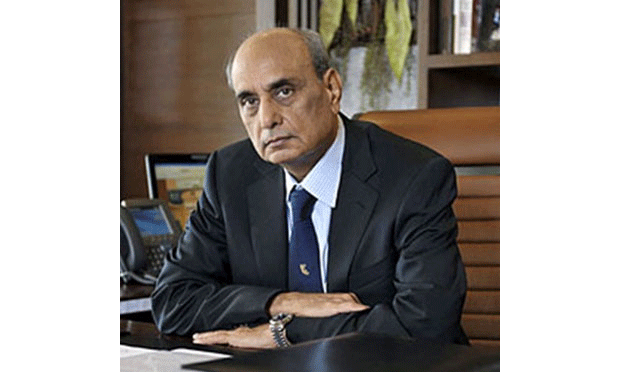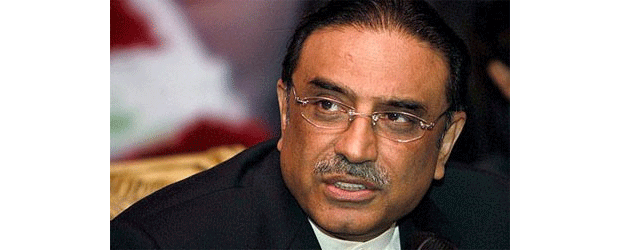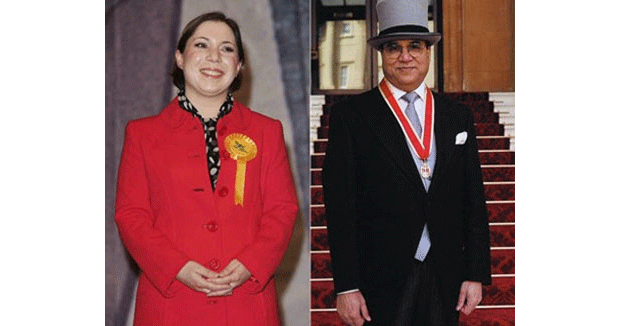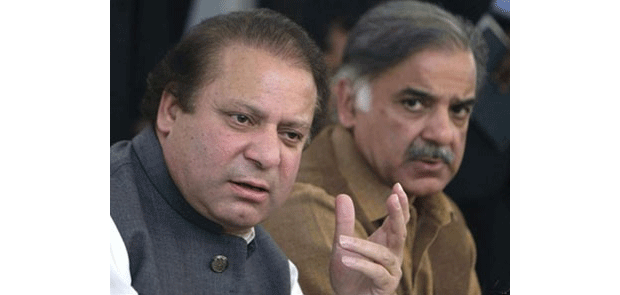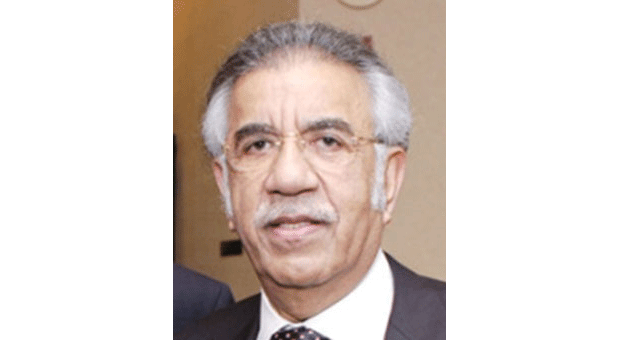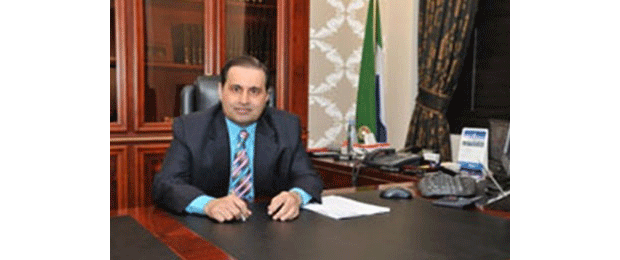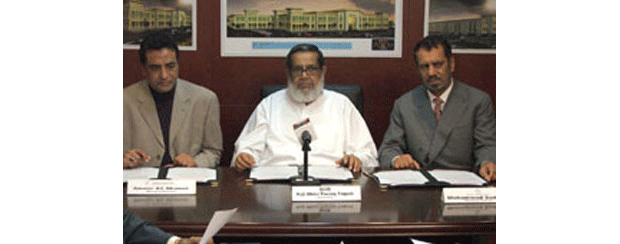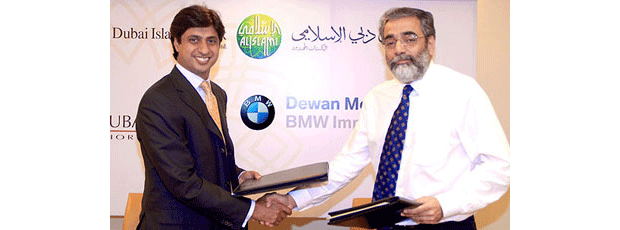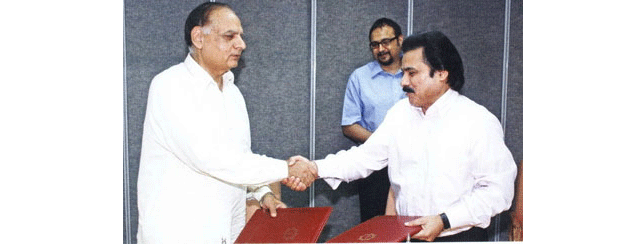Muhammad Zia-ul-Haq
General Muhammad Zia-ul-Haq (Arabic: محمد ضياء الحق) (b. August 12,
1924–August 17, 1988) was the President and military ruler of Pakistan
from July 1977 to his death in August 1988. Distinguished by his role in
the Black September in Jordan military operation in 1970, he was
appointed Chief of Army Staff in 1976. General Zia came to power after
he overthrew ruling Prime Minister Zulfikar Ali Bhutto in a military
coup d’état on July 5, 1977 and became the state’s third ruler to impose
martial law. He initially ruled as Chief Martial Law Administrator, but
later assumed the post of President of Pakistan in September 1978.
Zia’s major domestic initiatives included the country’s Islamization,
the consolidation of the fledgling nuclear program, denationalization
and deregulation leading to a rejuvenated economy, as well as the
abridgement of civil and political liberties. However, he is most
remembered for his foreign policy; the subsidizing of the Mujahideen
movement during the 1979 Soviet invasion of Afghanistan.
Zia was killed along with several of his top generals and the then
United States Ambassador to Pakistan in a sabotage-induced aircraft
crash near Bahawalpur (Punjab) on August 17, 1988, the circumstances of
which remain unclear.
Hakim Mohammed Said
(Urdu: حکیم محمد سعید) (January 9, 1920 – October 17, 1998) was a renowned scholar, and philanthropist of Pakistan and a former Governor of Sindh. He established Hamdard Foundation in 1948. Within few years, the herbal medical products of Hamdard became household names. Hakim Mohammed Said wrote or compiled about 200 books. These include books on religion, tibb (natural medicine), health and sciences, books on literary, social and scientific topics and travelogues.
Establishing Hamdard University
Hakim Mohammed Said founded Hamdard University in 1991. The establishment of a university which could enliven the intellectual tradition of the educational institutions of the golden era of Muslim civilization had always been his most cherished dream. In fact it was the central point towards which all his endeavors were directed. The actual appearance of the university was just the culmination of a long dedicated and continued effort spanning his whole life.
A great personality of PakistanShaheed-e-Pakistan Hakim Mohammed Said (1920-1998) was a man of vision and was endowed with many virtues. He was a multifaceted personality, a physician, author of books, and editor of journals, bibliophile, an organizer, an idealist, an innovator, educationist and above all a patriot of the highest order. He sacrificed his life in the service of the nation. In a life span of 78 years he made enormous contributions in the field of health, science, education and culture, which has left an imprint on the course of history for generations to follow.
Hakim Mohammed Said founded Hamdard University in 1991. The establishment of a university which could enliven the intellectual tradition of the educational institutions of the golden era of Muslim civilization had always been his most cherished dream. In fact it was the central point towards which all his endeavors were directed. The actual appearance of the university was just the culmination of a long dedicated and continued effort spanning his whole life.
A great personality of PakistanShaheed-e-Pakistan Hakim Mohammed Said (1920-1998) was a man of vision and was endowed with many virtues. He was a multifaceted personality, a physician, author of books, and editor of journals, bibliophile, an organizer, an idealist, an innovator, educationist and above all a patriot of the highest order. He sacrificed his life in the service of the nation. In a life span of 78 years he made enormous contributions in the field of health, science, education and culture, which has left an imprint on the course of history for generations to follow.

